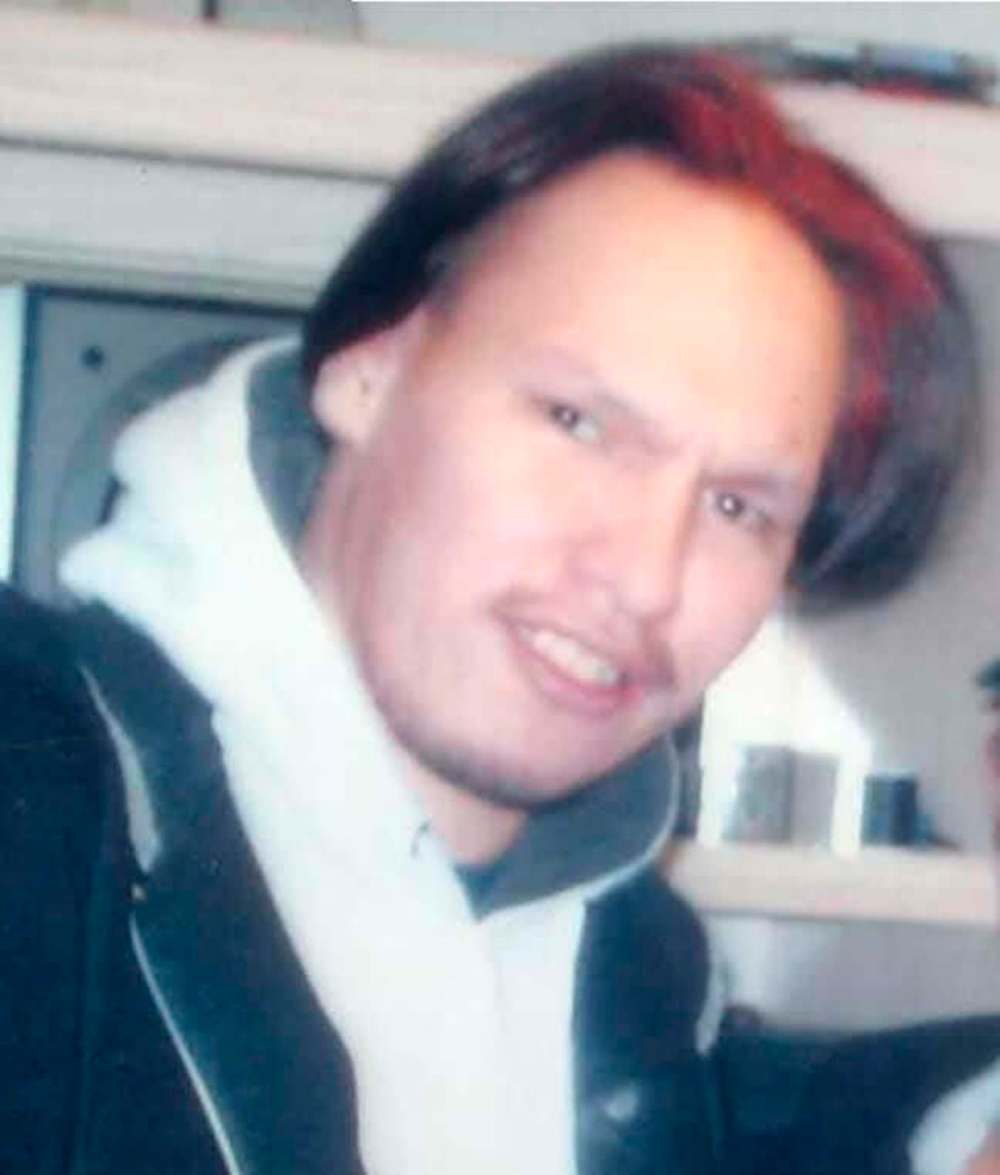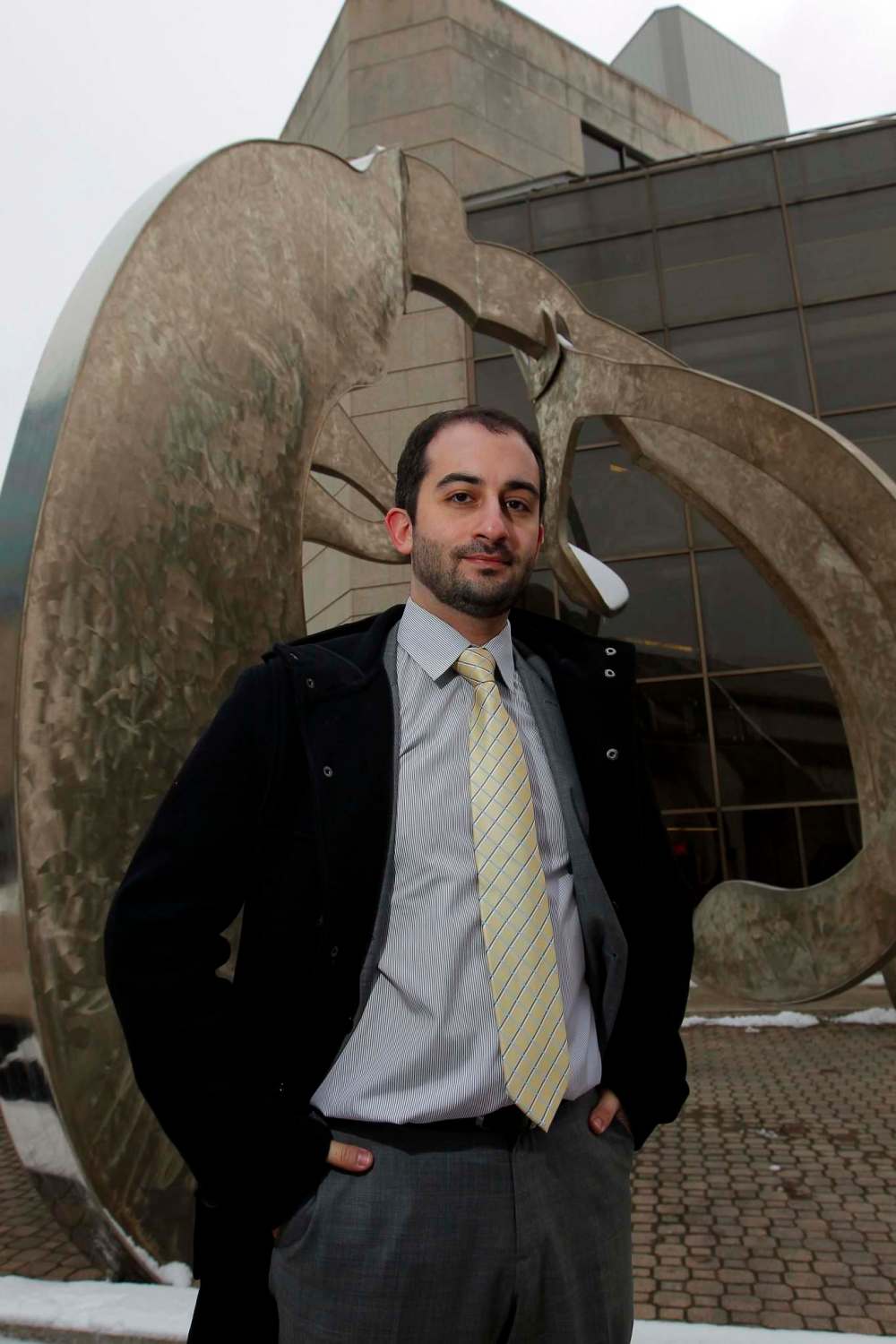Craig McDougall inquest will consider systemic racism within Winnipeg police
Advertisement
Read this article for free:
or
Already have an account? Log in here »
To continue reading, please subscribe:
Monthly Digital Subscription
$1 per week for 24 weeks*
- Enjoy unlimited reading on winnipegfreepress.com
- Read the E-Edition, our digital replica newspaper
- Access News Break, our award-winning app
- Play interactive puzzles
*Billed as $4.00 plus GST every four weeks. After 24 weeks, price increases to the regular rate of $19.00 plus GST every four weeks. Offer available to new and qualified returning subscribers only. Cancel any time.
Monthly Digital Subscription
$4.75/week*
- Enjoy unlimited reading on winnipegfreepress.com
- Read the E-Edition, our digital replica newspaper
- Access News Break, our award-winning app
- Play interactive puzzles
*Billed as $19 plus GST every four weeks. Cancel any time.
To continue reading, please subscribe:
Add Free Press access to your Brandon Sun subscription for only an additional
$1 for the first 4 weeks*
*Your next subscription payment will increase by $1.00 and you will be charged $16.99 plus GST for four weeks. After four weeks, your payment will increase to $23.99 plus GST every four weeks.
Read unlimited articles for free today:
or
Already have an account? Log in here »
Hey there, time traveller!
This article was published 17/03/2016 (3512 days ago), so information in it may no longer be current.
An inquest into the death of an indigenous man killed by Winnipeg police eight years ago will consider, for the first time, how systemic racism may have contributed to the fatal shooting.

On Thursday, Judge Anne Krahn delivered an oral decision in favour of expanding the scope of the inquest into Craig McDougall’s death, saying the inquest will look into whether systemic racism within the police force had anything to do with the young man’s death.
The inquest won’t investigate racism among individual officers or within the police force in general. Instead, it will examine how institutional police policies may have led specifically to McDougall’s death.
A lawyer for the McDougall family said he hopes the expanded scope of the inquest will allow the police service and other institutions to make changes that will help indigenous people regain confidence in those systems – confidence Craig’s father says he has lost since his son died eight years ago.
“What we’re looking forward to is giving the inquest judge the tools that she needs in order to identify systemic racism, because one of the really difficult things about systemic racism is that it’s often only visible to the victim. It’s not visible to the perpetrators or bystanders, because it’s not something that people do on purpose,” Corey Shefman said.
“It’s just part of the policies and procedures and stories which make up the institutions that we live with. So by giving the judge the tools she needs to identify systemic racism when it presents itself in the evidence, we believe that the inquest will be more comprehensive and better able to make recommendations to prevent similar deaths in the future.”

Craig McDougall, 26, died Aug. 2, 2008, after he was shot four times by two police officers who were called to a disturbance at McDougall’s home on Simcoe Street. Police said McDougall had a knife and refused repeated demands to drop it.
But witnesses said he only had a cellphone in his hand. An investigation by the Ontario Provincial Police deemed the shooting justified.
Inquests are typically called for in Manitoba when someone dies at the hands of police, in custody or when under the care of the provincial government. They’re court hearings that are set up to lay out the facts of someone’s death and they usually have a narrow scope. Unlike a criminal court case, inquests don’t lay blame.
The issue of systemic racism is not about blame, Shefman said.
“We’re not saying that officers targeted him. We’re not saying that anyone was yelling racial slurs or anything,” he said.
“This is about policies. It’s about practices. It’s about standard operating procedures and it’s about the personal stories which the officers and Craig brought to the scene of the incident that day. That’s what systemic racism is and that’s what we’re going to be able to explore.”
He said McDougall, who was from a remote Manitoba First Nation and spoke English as his second language, could have been more likely to die at the hands of police because of use-of-force policies, language and cultural barriers and a variety of other factors.
The judge will also take into account the long delays on the road to scheduling the inquest, which was initially called for almost three years ago. It’s now set to take place over three weeks this August.
katie.may@freepress.mb.ca
Twitter: @thatkatiemay

Katie May is a multimedia producer for the Free Press.
Our newsroom depends on a growing audience of readers to power our journalism. If you are not a paid reader, please consider becoming a subscriber.
Our newsroom depends on its audience of readers to power our journalism. Thank you for your support.


